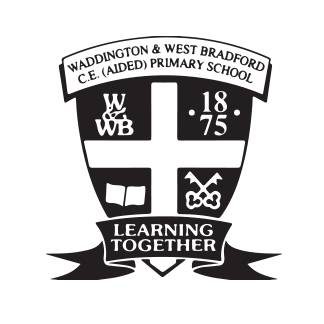Curriculum
Our Curriculum
We use a variety of Curriculum documentation to ensure that we meet the needs of our pupils and our school community. We have a strong focus on developing children's knowledge in Maths, English and Computing, as well as their personal, social and thinking skills.
Our Curriculum is always evolving and READING is at the heart of what we deliver.
We aspire to make every child a READER.
Teachers plan topics which are interesting, engaging and cover National Curriculum objectives with lessons delivered in half-termly themes.
Children in Foundation Stage and Key Stage One develop their knowledge and understanding of the world, their communication skills and ability to understand numbers. They are taught phonics using the Red Rose Phonics programme (lancashire) daily. We use a range of phonetically decodable books, grouped into phases and sounds, from Reception - Year 2 (or up to Phase 6). In KS2 we use the 'Accelerated Reader' scheme which individualises each child's reading progression and provides opportunities for them to complete comprehension-style word after each book.
Across our Curriculum, children develop and apply personal, social and emotional skills and learn to become more independent.
In Key Stage Two, the themes continue with children given increasing opportunities to develop their thinking, social and personal skills and further develop their independence. We aim to teach the children to know and remember more by planning enrichments and school visits/visitors as part of our Curriculum, and to use 'hands on' experiences. Writing is embedded throughout the curriculum with frequent opportunities to write for a variety of purposes.
English, phonics/reading and Maths are taught daily in each class.
We use Red Rose Maths Mastery to teach Mathematics from Year R-6.
In the past, we have been awarded two Learning Excellence Good Practice Awards- one for our curriculum, and one for our approach to teaching maths in key stage two.
If you would like to find out more about our curriculum, please contact us.
EYFS to Year 1 Transition
In Year 1, we follow the National Curriculum, ensuring that our pupils develop key foundational skills in reading, writing, and mathematics. The curriculum is designed to be engaging and accessible, helping pupils build on their prior learning from the Early Years Foundation Stage (EYFS). Our curriculum is sequenced to ensure that each subject builds on the knowledge and skills acquired in EYFS. We focus on key areas such as phonics, reading comprehension, and basic mathematical concepts. We integrate subjects where possible, allowing the children to make connections between different areas of learning. For example, a topic on ‘Seasons’ may include science, art, and literacy activities.
We believe that play is a vital part of learning in Year 1 but also know that many of our pupils are ready for a more formal learning style. We know that it can be a huge transition from EYFS to Year 1 so we try to make it as smooth as possible. In the Autumn term, the classroom is designed to include areas for imaginative play, construction, and role-play, which encourage creativity and collaboration amongst pupils. In the Autumn Term, we also provide continuous provision opportunities that allow pupils to engage in self-directed learning. This includes access to resources that enable them to explore their interests and reinforce their learning. As the year progresses, we slowly reduce the amount of Continuous Provision and the classroom becomes more formal with more and more children able to learn more formally. At the beginning of the academic year, we may only have enough tables for approximately half the class as many of the activities/lessons are taught in small groups. As the year progresses, we introduce more tables to finally move to whole class teaching.
The staff in Year 1 are actively involved in guiding and facilitating a mixture of play and formal learning, ensuring that children are supported in making progress in whichever way suits them. We are committed to creating a nurturing environment where every pupil can thrive and develop a love for learning. It is important to us that Year 1 provides a transition to more formal learning whilst also supporting those children who still need a more play-based approach. In essence, if children are ready to sit at tables and explore learning in more depth, this is offered. If children need more of a play-based approach this is also facilitated.
